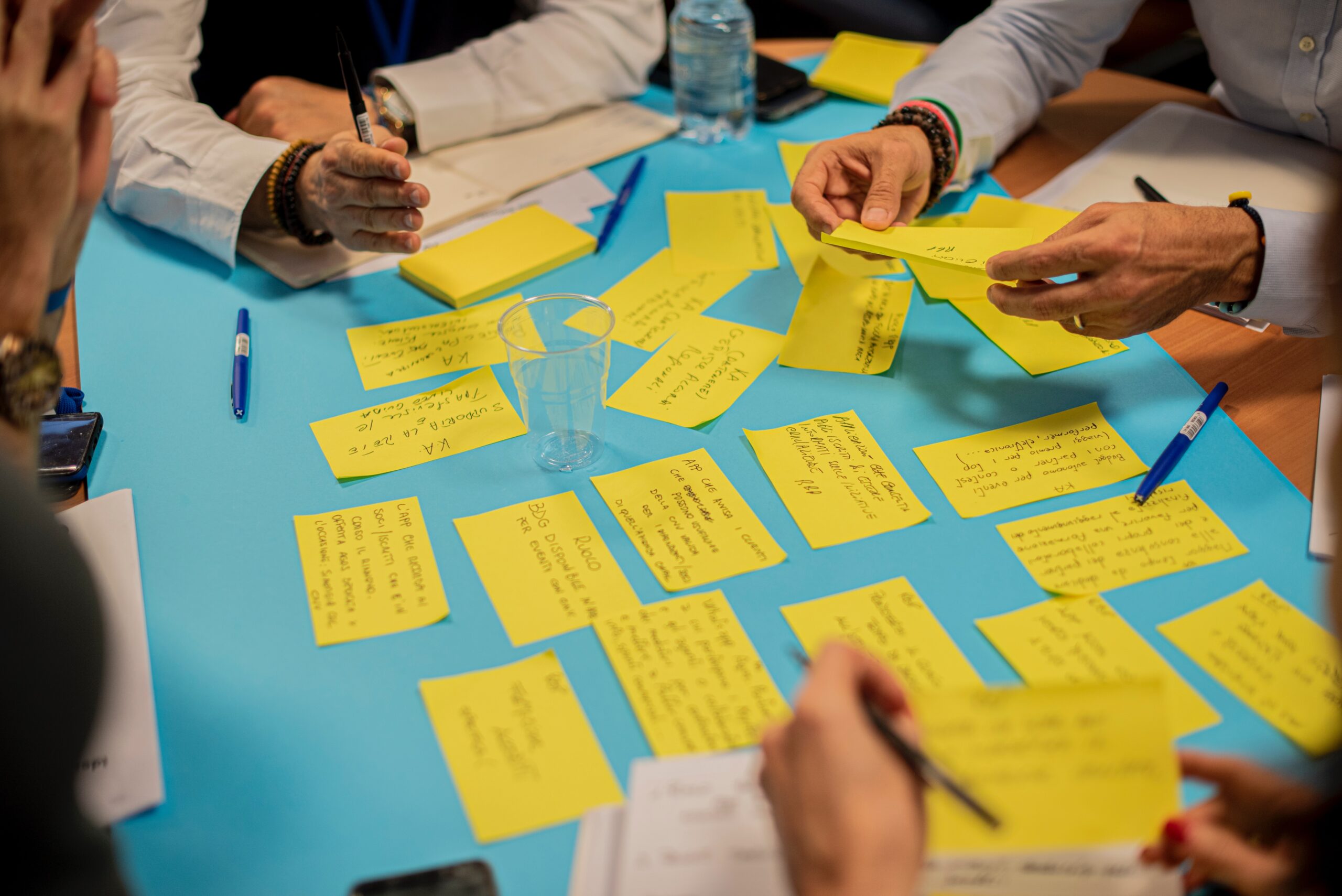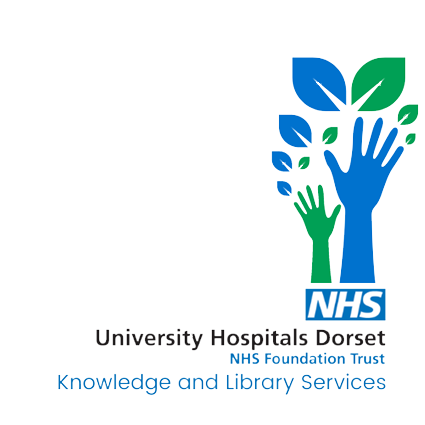
Knowledge Mobilisation
Knowledge Mobilisation is about sharing knowledge, ideas and information and that the right knowledge reaches the right people, in a way that they can understand and use it.
We can facilitate and help organise a number of Knowledge Mobilisation tools for you and your teams. Find out more here.
Randomised Coffee Trials
Randomised Coffee Trials (RCTs) are a way to meet colleagues and share ideas or just simply get to know each other. When you sign up for a RCT you are randomly matched with another person. It is then up to you to arrange when and where to meet for a 30 minute chat over coffee (or tea or hot chocolate!) via Microsoft Teams or in person if you can. RCTs allow people to learn from each other, build relationships, break down organisational silos and help to build a stronger community.
We run RCTs two to three times a year across UHD and hope to do the same for DHC in the future. We can also run smaller RCTS for your team or department.
Before Action Reviews
A Before Action Review (BAR) is a method for a team starting a project, activity, or event to assess what knowledge they already have. It helps a team state what they want to achieve just before starting a project and helps identify challenges and risks by drawing on lessons learned from past experiences.
The BAR asks four simple questions and can last from 15 minutes to a day depending on how large the project is. We would facilitate this and write up any learning from the session, this can be done face to face or over teams.
After Action Reviews
After Action Reviews (AAR) takes place after an event or project, much like the Before Action Review it asks four simple questions, but about what happened during the project and what can be learnt from this. This helps when planning for future projects and to reflect on what you as an individual as well as a group have learnt from what you have achieved.
We would facilitate this and write up any learning from the session, this can be done face to face or over TEAMS and takes between 1-2 hours.
Knowledge Cafés
Knowledge Cafés encourage people to talk and learn from each other. They can help to solve problems, break down silos, drive innovation and build a community. The Knowledge Café is for between 12 and 24 people.
The participants are divided into smaller groups and an open ended question is asked. After 15 minutes of discussing the topic the groups swap around. After swapping one more time the group comes back together and has 15 minutes to share what ideas and learning have happened.
This can be facilitated by us and can be face to face or via TEAMS, using breakout rooms. We will then, if agreed capture and share what has been discussed during the session.
Journal Clubs
A Journal Club is where a team or group of people with a shared interest come together to discuss a journal article on a particular topic. The session also involves some critical appraisal training around information provided in the articles.
This is really good way to look at the evidence around your practice and to discuss new ideas and ways of working.
Community of Practice
A Community of practice is a group of people that share an interest about a subject, they come together anywhere between once a month, to once a year to share work challenges, exchange ideas and innovation and build common practice. These can be help virtually or in-person. The library can help facilitate, organise and send out information shared in the sessions.
Requesting Further Information
Please contact us for further information or help to run one of the above knowledge mobilisation sessions.
If there are any tools that you would are interested in, which are not listed above, please don’t hesitate to get in touch and we can explore them together.
For further tools and information please have a look at the Knowledge Mobilisation pages from NHS England.
